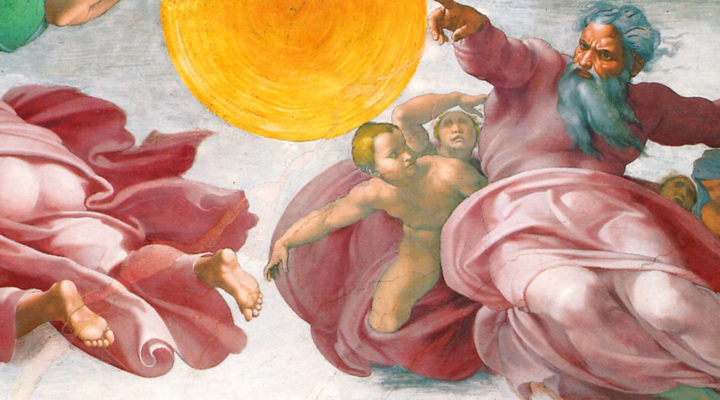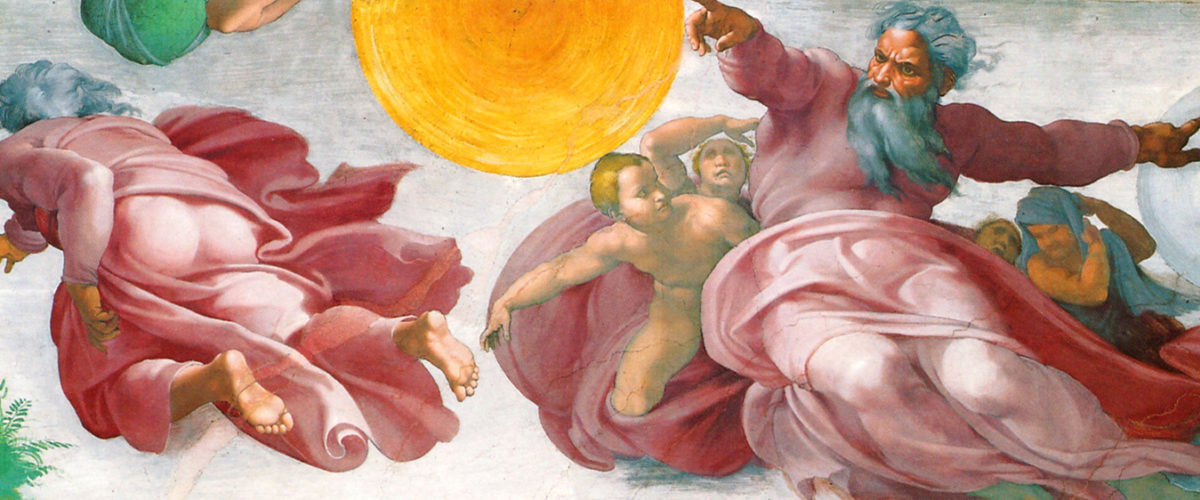Eight years with a black president capped by state-by-state victories for same-sex marriage didn’t sit well with white evangelicals already feeling like victims in American society.
The result was a victory for Donald Trump last November.
 While that may have seemed an obvious observation before, it’s now backed up by Baylor University research into the political, cultural and religious tenor of the American public.
While that may have seemed an obvious observation before, it’s now backed up by Baylor University research into the political, cultural and religious tenor of the American public.
“American Values, Mental Health and Using Technology in the Age of Trump” was released Sept. 7 during a presentation to the Religion Newswriters Association. It identifies a merger of new and traditional political and religious impulses polarizing the nation.
They have resulted in a new form of nationalism researchers call “Trumpism,” which combines pro-Christian, anti-feminist, anti-Islamic and anti-government attitudes with a propensity to fear Muslims and refugees. It is also marked by a strong belief that the U.S. is a Christian nation.
 Many of the Americans who expressed those views in the survey also believe “in an authoritative, punishing and all-powerful God, and they also see God as a male,” Paul Froese, professor of sociology and director of Baylor Religion Surveys, told Baptist News Global.
Many of the Americans who expressed those views in the survey also believe “in an authoritative, punishing and all-powerful God, and they also see God as a male,” Paul Froese, professor of sociology and director of Baylor Religion Surveys, told Baptist News Global.
“It’s a very Old Testament kind of God,” he said. Those Americans generally assume climate control is fake because God is in control.
“They believe natural disasters can be punishments and they most likely believe miracles can happen because God intervenes in human affairs.”
And many of them believe Trump’s election is a result of divine intervention.
 Froese said he was surprised by the data which shows that a significant number of religious voters, who usually prefer candidates to be highly religious themselves, voted for a man not known for his faith credentials.
Froese said he was surprised by the data which shows that a significant number of religious voters, who usually prefer candidates to be highly religious themselves, voted for a man not known for his faith credentials.
Race and LGBTQ issues also were factors in Trump’s success.
“There are certain conservatives who really fear that the culture war has been lost and that it was lost with changes to same-sex marriage laws,” Froese said.
And there was the issue of race.
“The fact we also had an African-American president is at its core a sensitive topic, but clearly some people were upset by that,” he said.
The birther campaign waged against President Obama was an outgrowth of that resentment. Many of those voters believe some people are — or should be — more American than others.
Many of them hold that “maybe white Christians are the original Americans and should be favored in the world order,” Froese said. “And the fear is they are no longer favored.”
 Baylor researchers reported that 63 percent of Trump voters were evangelical Protestants. Roman Catholics were the next closest at 42 percent while black Protestants were last, at 6 percent.
Baylor researchers reported that 63 percent of Trump voters were evangelical Protestants. Roman Catholics were the next closest at 42 percent while black Protestants were last, at 6 percent.
Meanwhile, 57 percent of those who identify as “very religious” supported Trump, compared to 31 percent who voted for Hillary Clinton, according to the Baylor report. Among those who say they are “not religious,” 73 percent favored Clinton. Only 15 percent of that group voted for Trump.
The survey reported that 74 percent of Trump voters see Muslims as a threat, compared to 79 percent of Hillary voters who do not. Similarly, more than 80 percent of the president’s supporters identify refugees as a threat, while 86 percent of Clinton voters do not.
The recently released survey was Wave 5 of the Baylor Religion Survey, an extensive look into the religious attitudes of Americans. The survey is designed by Baylor researchers and administered by Gallup.
Froese said the data for this wave of the research was collected during the early months of the Trump administration.


